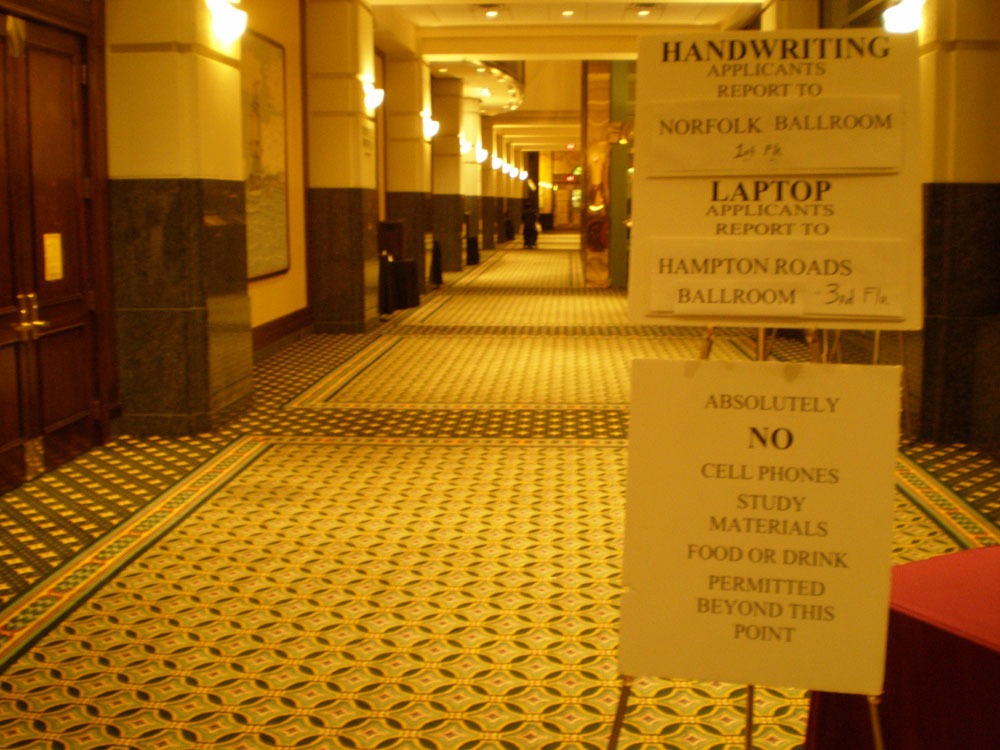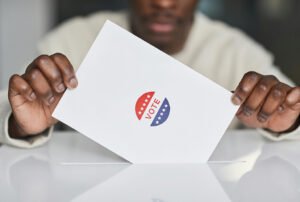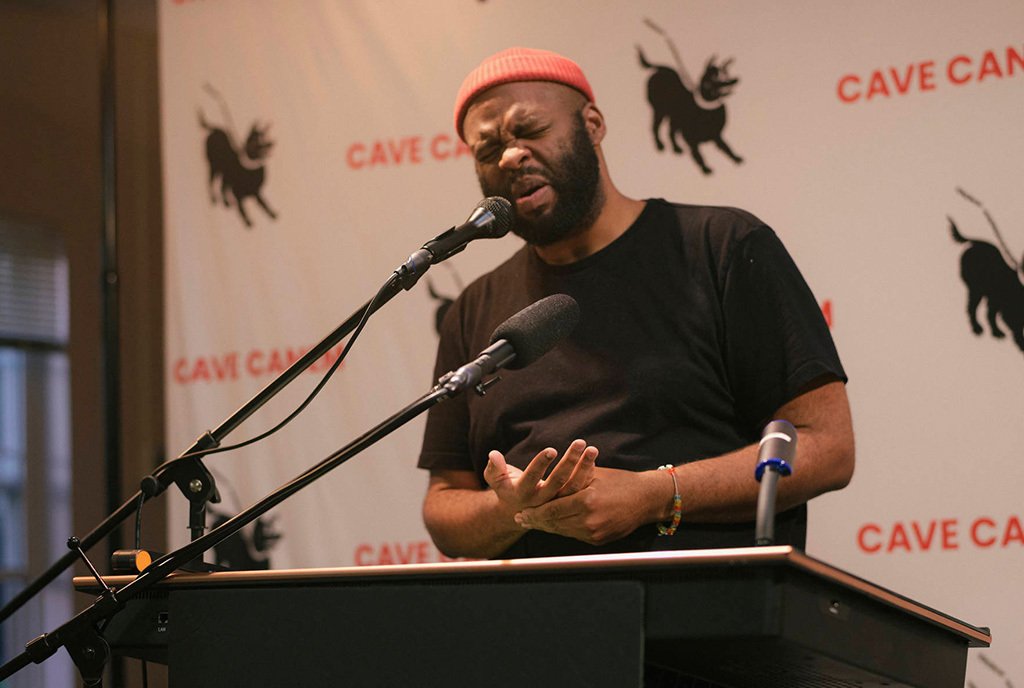
July 22, 2020; New Orleans Advocate and the Washington Post
COVID-19 isolation has interrupted many traditions and traditional patterns of living in the US, from graduations and weddings to work schedules and daycare options—and for the most part, there’s not much we can do about it. One tradition, though, is the subject of hot debate among experts, and that is the administration of the bar exam. Advocates are calling for states to cancel the exam and grant “diploma privilege”—the right to practice law without a bar exam—for this year’s law school graduates.
Law school graduates must pass the bar in every US state except Wisconsin. It’s advertised as a test of “minimal competency,” with an average passage rate of about 75 percent. Diploma privilege is the practice of granting a law license to students who graduate from accredited law schools without requiring the exam. Wisconsin grants this privilege to law graduates who meet academic, character, and fitness requirements. Ironically, the president of the National Committee of Bar Examiners (NCBE) acquired licensure via Wisconsin diploma privilege.
A coalition has arisen called United for Diploma Privilege, which marshals resources, media, and support for state advocacy groups. It was co-founded by Dr. Pilar Margarita Hernández Escontrías, Donna Saadati-Soto, Emily Croucher, and Efrain Hudnell. Law students in 33 states are presently seeking diploma privilege; Washington, Oregon, Utah, and Louisiana have granted it for 2020 graduates so far.
The bar exam is widely seen as a fixture of legal practice, but like many white-collar professional practices, it is a relatively recent development that often functions more as a tool of racial exclusion than as an actual test of competence. The Nation published an examination of racism in law education and licensure that bears reading in full, but a study by the Law School Admissions Council found that Black students failed the bar exam on the first try more than four times as often as white students.
State bar associations show varying levels of concern about cramming hundreds of test-takers together in a convention center for two days, the usual method of administering the test. Some—such as Maryland, California, and Washington, DC—have pushed back test administration until the fall. Others, like Florida and Georgia, are offering an online test. Fourteen states still plan to administer an in-person exam today, July 28th, with mask and distance precautions. But none of these protocols really protect against the disproportionate impact of COVID-19.
Sign up for our free newsletters
Subscribe to NPQ's newsletters to have our top stories delivered directly to your inbox.
By signing up, you agree to our privacy policy and terms of use, and to receive messages from NPQ and our partners.
The coalition cofounders published an op-ed in the Washington Post arguing for granting diploma privilege, because there are no bar exam adaptions that don’t inequitably impact test-takers. Pushing back the test means that employers who had counted on new hires to be bar-certified this year may push back or rescind job offers, leaving debt-ridden graduates without income or health insurance.
The issues with online administration are ones familiar from online schooling—the need for fast internet; a reliable computer; and a quiet, private place to work. These same issues impact graduates’ ability to study effectively, since many libraries, coffee shops, and schools are closed. In-person tests are riskiest for people of color and those with immunocompromised households, who are at greatest risk from the disease.
The cofounders write, “As we study for the bar exam, it is repeatedly drilled into our heads that the exam is intended to be a test of minimum competence. But this year it is not. It is a test of who has the support and privilege to prepare to do the unthinkable in the midst of the most destabilizing time in our collective history. Those who do not will fail.”
Granting diploma privilege once was a common practice, and it could be again. After all, bar applicants have graduated law school (or, in a few states, apprenticeship programs) and face additional requirements, such as character assessments, continuing coursework, and/or supervised practice hours. Standardized tests are not the only or even a good way to measure competence.
“No other bar examinees have faced these kinds of circumstances,” notes Loyola University New Orleans College of Law Dean Madeleine Landrieu. “And yet they have soldiered on, and they have done everything the court has asked them to do.”
United for Diploma Privilege tweeted on Monday, “With all sincerity, we wish the best of luck to everyone being forced to take an in-person bar exam this week. Stay safe, be well, and come this fall please remember the legal profession at large failed us in this moment, because the fight for #DiplomaPrivilegeNow continues.”—Erin Rubin













